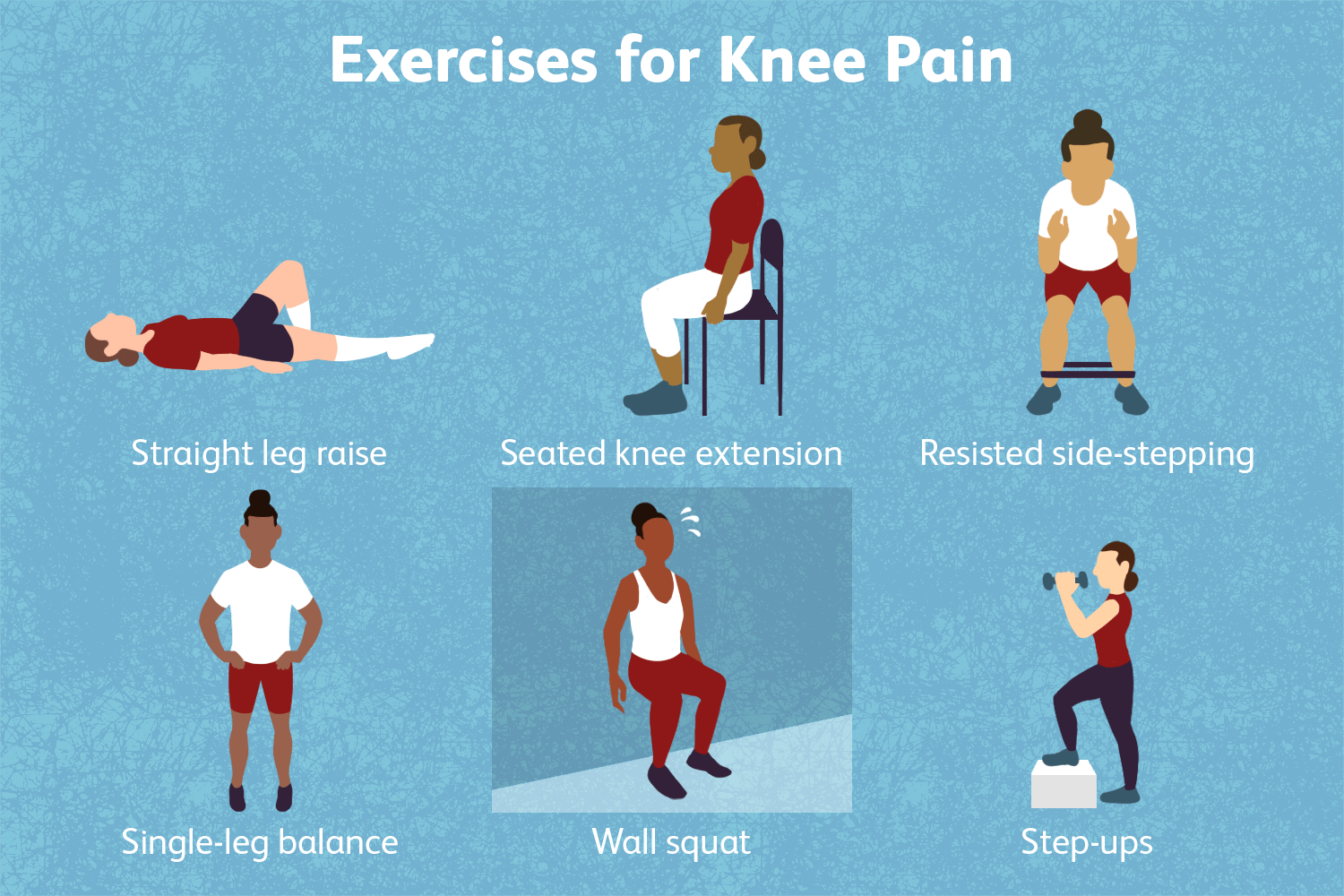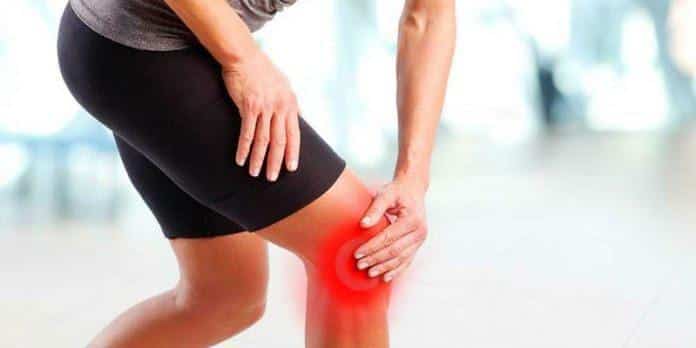Though being overweight can lead to tissue degeneration, you can significantly lower the chance of knee osteoarthritis by losing weight. Did you know that every five pounds of extra body weight increase the pressure on your joints by 25 pounds?
Excess weight also strains your hips, ankle, and other weight-bearing joints.

Some of the joints in your body are responsible for holding you up and supporting movement when you stand, walk, run and Jump.
These joints carry your full body weight, making them aptly named weight-bearing. The more body weight these joints are forced to carry, the more likely they are to become damaged or suffer an injury.
The Prime Weight-bearing ring joints are your knees, ankles, and hips.
The joints in your lower spine, pelvis and, feel also bear Weight, but they don’t endure as much stress.
It makes sense that gaining weight adds stress to your weight-bear bearings exactly how much difference does it make? When you walk, the pressure on your knees is three to six times more than your body weight.
Read More: 5 Secrets to a healthy lifestyle
Fat cells release substances that promote body-wide inflammation. If you’re overweight, you’ll have more of those unwanted chemicals circulating through your body. The inflammation triggered by fat cells aggravates the joint inflammation already caused by rheumatoid arthritis and osteoarthritis.
People who are overweight or obese and who also have rheumatoid arthritis experience more joint pain than patients with a normal weight.
However, weight loss can lower inflammation, improve joint function, and help reduce joint pain.
According to a study, 3.7 percent of people with a healthy weight (BMI 18.5-25) have OA of the knee, but it affects 19.5 percent of those with grade 2 obesity, or a (BMI 35-39.9).
Maintaining a healthy weight has many health benefits, including :
1)Reduce pressure on the knee
2)Reduce joint inflammation
3)Reduce the risk of various disease
Foods to avoid :

1)have added sugar
2)fat and salt
3)are highly processed
4)contain saturated and trans fats as these may raise cholesterol levels.
Together with dietary choices, exercise can help you lose weight and reduce the risk of OA.
Current guidelines recommend the following activities :

1) walking
2) cycling
3) strengthening exercise
4) water based activities
5) Tai chi
6) yoga
As well as contributing to weight loss these can improve strength and flexibility, and they may also reduce stress. Stress can contribute to inflammation which may worsen knee pain.
Here are some other steps you can take to start losing weight.
1) reduce portion sizes
2) add one veggie
3) go for a walk after a meal
4) take the stairs rather than the escalator
5) pack your lunch
6) challenge Yourself to set daily goals To walk.













